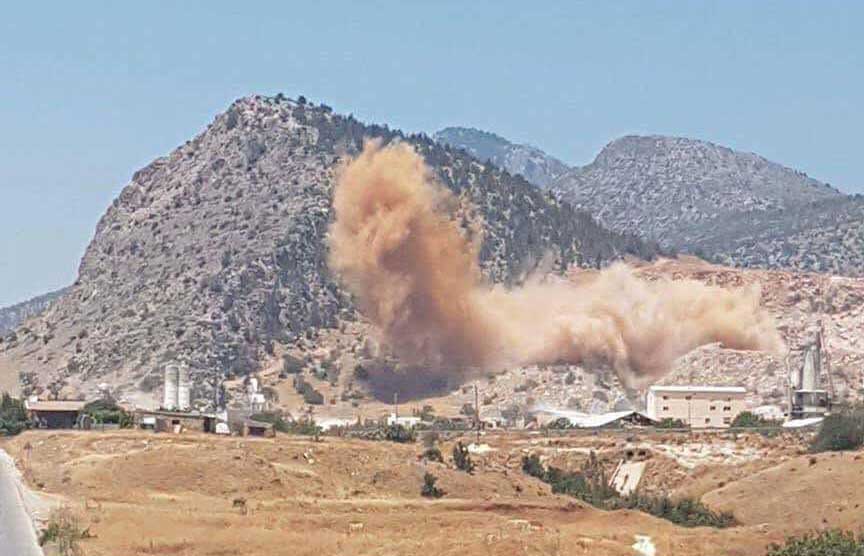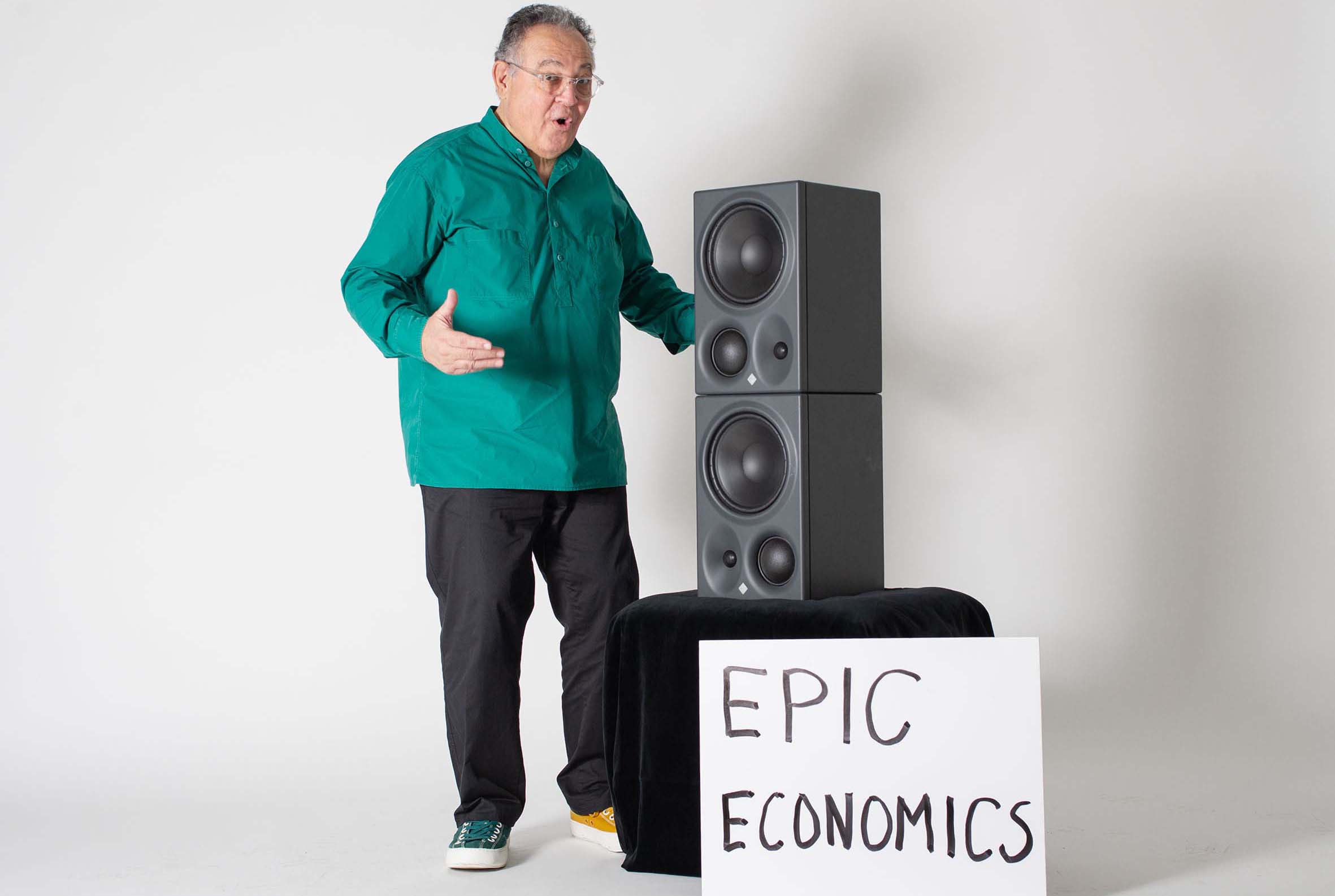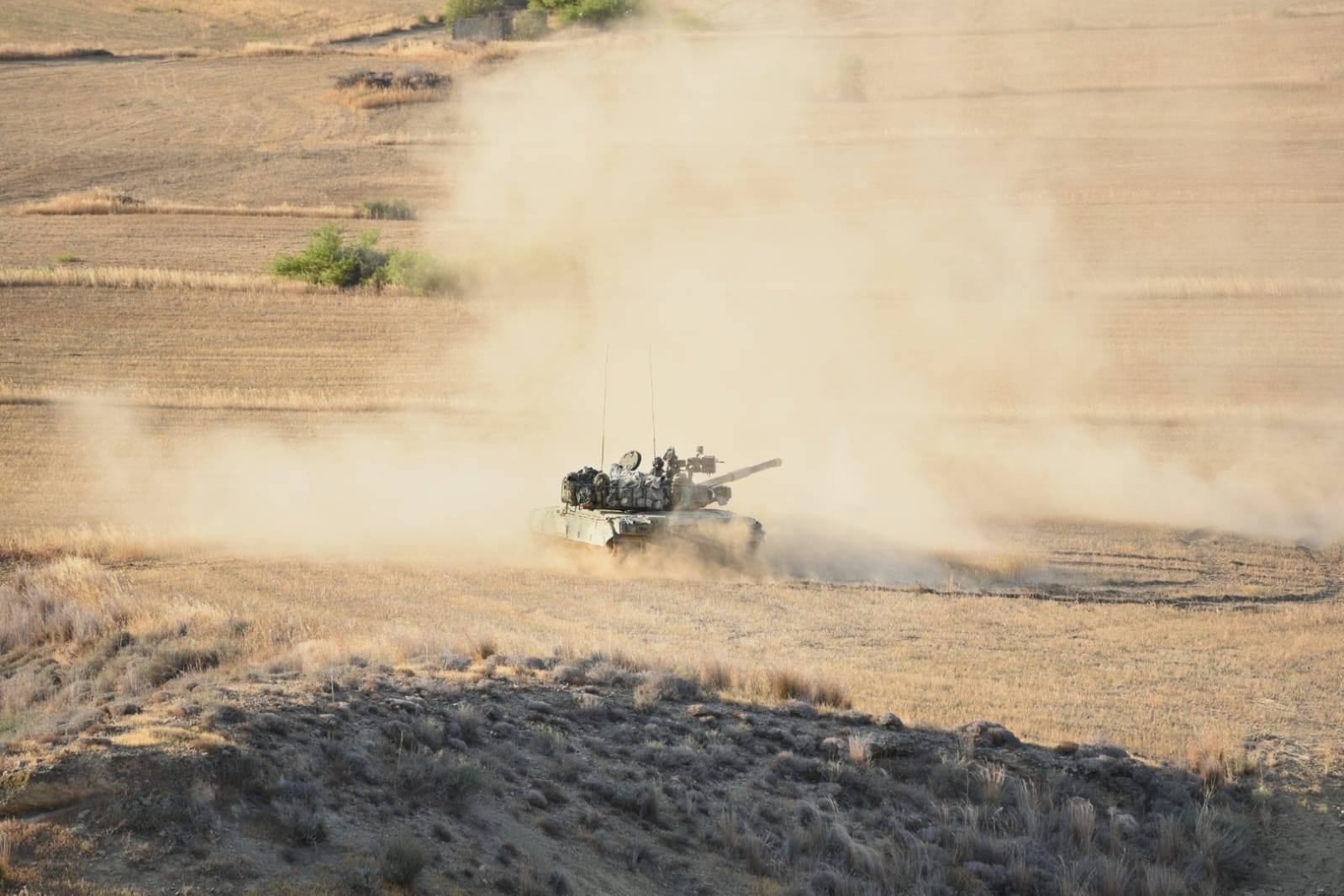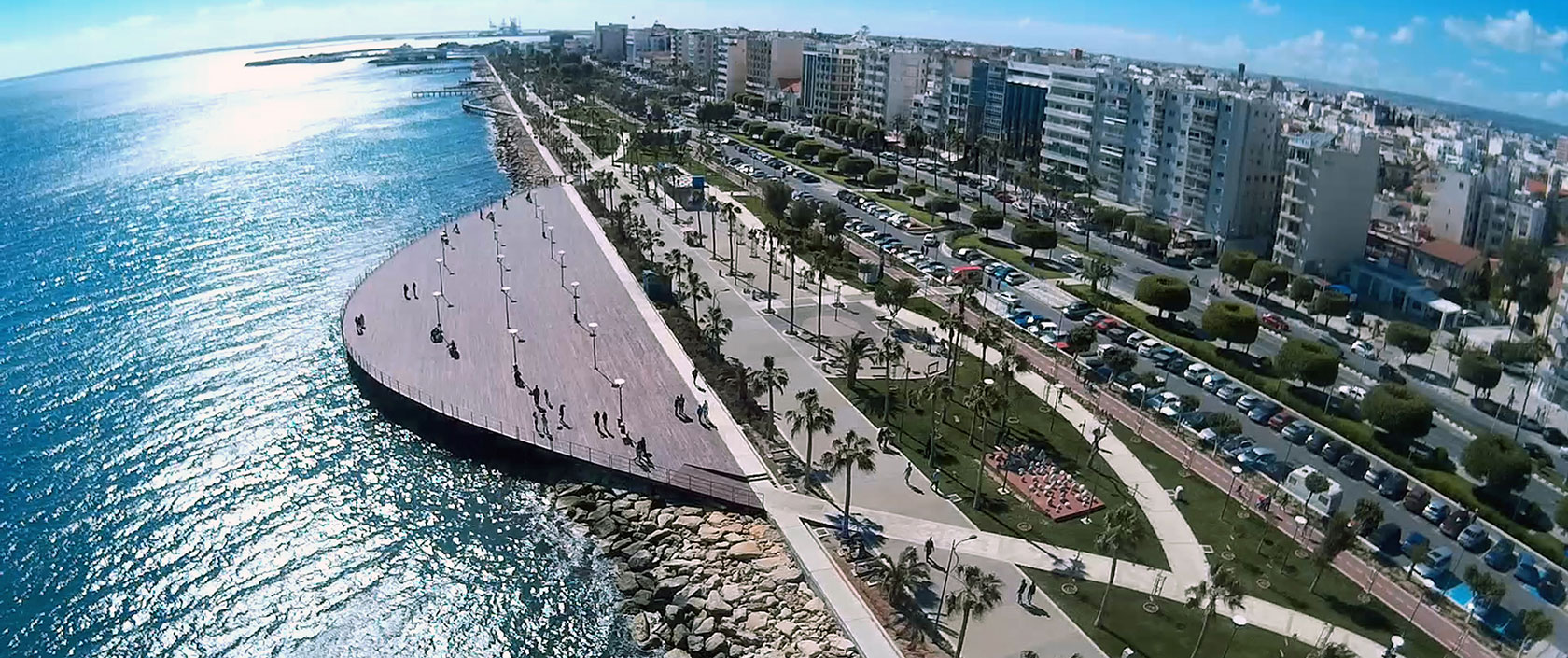Three of President Nikos Christodoulides’ proposals in talks on Monday on confidence building measures with Turkish Cypriot leader Ersin Tatar were rejected, with the latter said to have taken up more than half the meeting complaining about the arrests made in the south for the usurpation of Greek Cypriot property in the north.
Christodoulides said they reached an agreement on the restoration of cemeteries and made some progress on environment issues, however Tatar refused to move forward on opening crossing points, to announce the Pyla agreement or to discuss the Mia Mila processed water plant agreement, stalled since 2011.
He said he suggested that discussions continued on four crossing points with one more being opened in Nicosia for pedestrians.
“There was refusal on behalf of Mr Tatar,” the president said. “There is no positive response. It will be examined. We will see what happens.”
Cyprus News Agency sources said the Nicosia crossing point proposed was on Lidinis street, near the new town hall.
On Mia Milia, Christodoulides said the issue would be discussed with the Nicosia municipality. The 2011 agreement, he added, provided for 70 per cent of processed water to be sent to the south and 30 per cent to the north.
“This agreement was made after the Republic of Cyprus paid €11 million, in an 80:20 ratio, and it must be implemented. If an agreement like that cannot be implemented, how can we speak of a solution of the Cyprus problem?” he wondered.
Speaking immediately after the meeting, Christodoulides said “this was not the outcome I expected, the yavas-yavas [slowly-slowly] approach is not working for the Cyprus problem.”
On arrival at the Lebanese ambassador’s residence for a lunch hosted for ambassadors of Arab states in Cyprus, Christodoulides said it was not all negative.
“It is important that this first meeting of the Technical Committee on Youth was held – it was a proposal made two years ago. We had accepted it, but the Turkish Cypriot side had not. In the end, it happened after a long time. This is positive and we hope that there will be specific results,” he said.
The president added that “this is the most important of the 13 technical committees, because the discussions on solving the Cyprus problem concern their future.”
“We also agreed on 30 particular cemeteries, where cleaning and restoration works will begin immediately,” he said and explained that 15 were in the south and 15 in the north.
Christodoulides furthermore said “some progress” was made on environmental issues.
“From there on, despite all the difficulties, even though what we seek each time is not there, the effort to bring about more positive developments and on bigger issues continues. A government initiative has been underway for some time on an international level for further involvement of the international community to help us towards the resumption of talks,” he said.
He explained that “this effort is ongoing” and promised to do “everything possible, despite the difficulties, which I do not underestimate”.
“I know what my goal is, I have a clear goal and direction, and you can be sure that I will do everything possible for developments,” he added.
To remarks that Tatar appeared agitated after the meeting, Christodoulides said that for “more than 50 per cent of the meeting” Tatar was talking about the usurpation of Greek Cypriot properties in the north and “requested from Mr (special representative of the UN chief in Cyprus Colin) Stewart to convey his annoyance to the secretary-general”.
“I replied firstly that on October 15 when we met in New York, the three of us including the secretary-general – it was the first meeting – he raised the issue with the secretary-general and the secretary-general told us clearly that the executive power did not intervene in the judicial in any democratic country. I reiterated this,” Christodoulides said.
Secondly, the president told Tatar that “one of the states with which we have the most excellent relations and cooperate with in all sectors is the country I was in yesterday – Israel. Indeed, a protest was held outside the presidential palace by relatives and associates of Mr (Simon) Aykut, and the answer is clear: we are a democratic country and we do not intervene in the judicial authority.”
Replying to questions, Christodoulides said no new meeting with Tatar had been scheduled.
He expressed hope that UN envoy María Angela Holguín would visit Cyprus within May, soon after signing her contract on May 12.
Christodoulides said he suggested meeting before that, however there was no willingness to discuss it.
Asked if he had discussed recent remarks by Turkish President Recep Tayyip Erdogan, Christodoulides said no mention of Erdogan was made.
Speaking after the meeting, Tatar said he expressed his annoyance over the arrests for the usurpation of Greek Cypriot property in the north.
Tatar said there was “a new atmosphere” after the Geneva meeting, which he had hoped would help the two communities build a future together.
“Now this new atmosphere is being undermined. It is very important for this message to be conveyed. I have asked Mr Stewart to convey this message: this issue is of concern, it greatly bothers the Turkish Cypriots,” Tatar said.
He also wondered why the issue was now being “politicised”.
Regarding the crossing points, Tatar said he maintained his own ideas for opening two at Mia Mila and Louroutzina, to alleviate traffic congestion.
He also said Holguin was experienced and well aware that there was no common ground.
“She has to see what will happen now, as our positions are well known,” Tatar added.
In a statement attributed to the UN spokesman in Cyprus, the two leaders decided to continue to keep the issues under regular review and agreed to meet again soon.
The UN spokesman said Christodoulides and Tatar launched the Technical Committee on Youth, welcomed the members of the committee and encouraged them to promote dialogue and initiatives that address youth-related issues.
They also discussed progress for the restoration of cemeteries and tasked the Technical Committee on Cultural Heritage to proceed with the implementation of its work.
The leaders also agreed on new initiatives related to the environment and climate change, and continued discussions on demining, solar energy and crossing points.
They furthermore welcomed the reappointment of Holguín as the UN chief’s personal envoy in Cyprus, the UN spokesman added.







Click here to change your cookie preferences